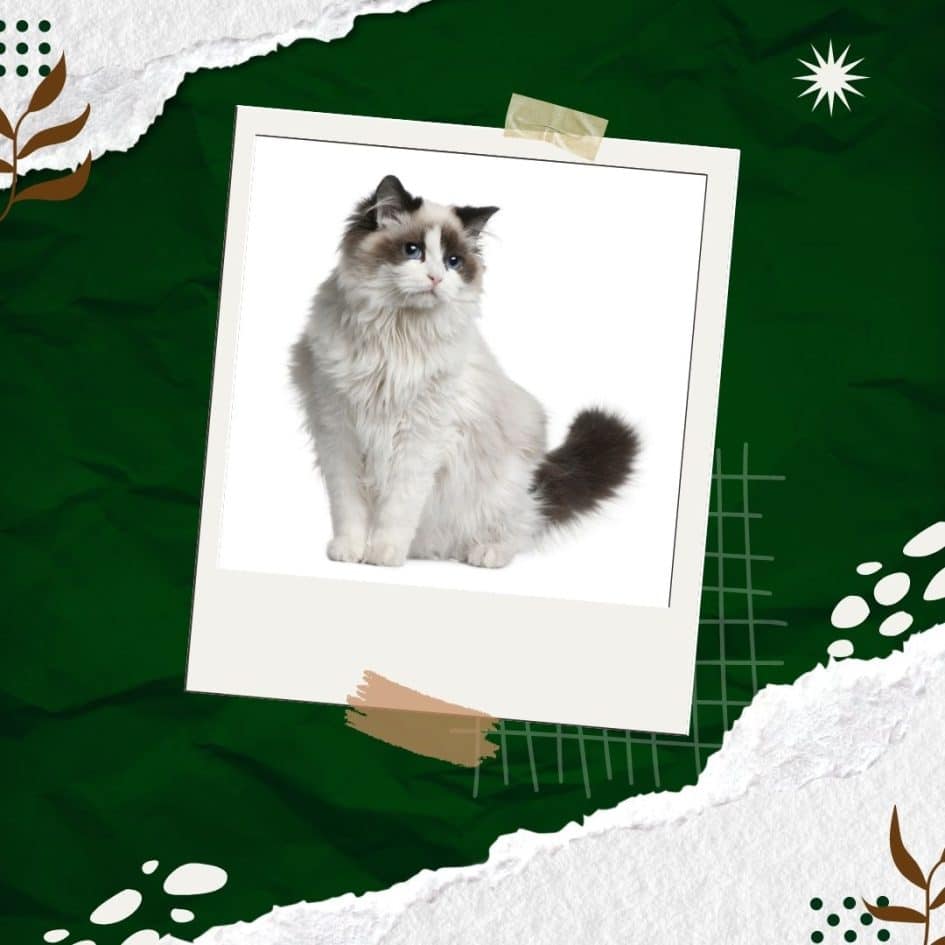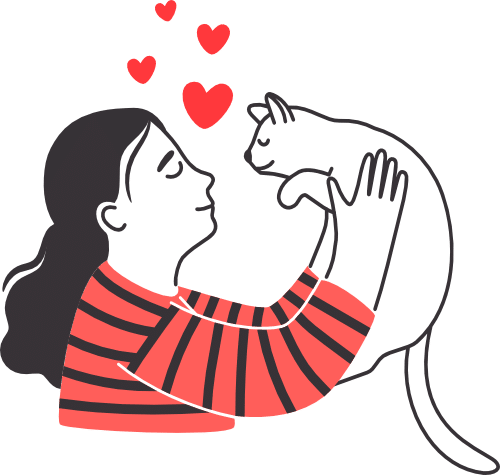

Why Is My Cat Always Hungry?
There are plenty of cats that simply cannot get enough no matter how much you feed them. Here are some reasons why.
Just like any other living being, cats need proper nutrition to live a good, long life. Every cat owner knows this, and surely, every cat owner does their best to make sure their cat is safe and healthy.
But what if your cat is just always hungry? There are plenty of cats that simply cannot get enough no matter how much you feed them.
It is true that cats tend to ‘graze’ in that they eat slowly but consistently throughout the day. But if your cat is demanding food as soon as they finish a meal, this is not normal and may be a sign that something is wrong.
At the same time, you can’t simply assume that your cat is eating too much just by looking. Different cats have different metabolism and may have different calorie requirements. Ideally, you should see a vet to determine how much your cat should be eating per day before you determine that they’re eating too much or too little.
Cats do exhibit certain kinds of behavior around mealtimes when they are hungry, but a cat always hungry is definitely not normal. Understanding why cats always feel hungry can help you identify when something is wrong so you can see a vet about it.
Food-Motivated Cats
If you have a scheduled meal-time – that is, you feed your cat at the same time every day – they’ll figure that schedule out and know when it’s time for them to be fed. If your cat meows and follows you around at this time until you put their food in the bowl, that just shows that your cat is hungry.
To us, it may seem as if the cat is starving, with how desperate they seem, but they are just smart enough to know when they have to be fed and who is feeding them. They are simply making sure you don’t forget their food.
It’s true that your cat will figure out their mealtimes, but it is also true that they may be exhibiting the above behaviors more than they should be. If you are feeding your cat more food than they need to, they may become used to eating large amounts and will start demanding food all the time.
If you can’t feel your cat’s ribs easily, or if you can’t identify where their waist is, they may be overweight.
Many pet owners actually free-feed their pets, in that they leave food in the bowl for the cat to eat whenever they want. This works for some cats, but not for others, and if your cat is eating all the time, they may be at risk of joint disease or diabetes.
If your cat is showing signs of being hungry right after they’ve finished a meal, this may be a sign that something is wrong. It is possible that your cat is simply very food-motivated, but if this is the case, you should keep an eye on their weight to make sure it doesn’t cross into unhealthy territory.
Boredom Eaters
Just like humans, some cats are simply boredom eaters. There is a word in Japanese, kuchisabishii, which means ‘eating because your mouth is lonely’. This is essentially why some cats eat so much.
In indoor cats, particularly, when there is nothing to do and nobody to play with, cats may snack on treats or whine for them simply because they don’t know what else they can do.
However, snacking when they aren’t hungry isn’t really a good idea for cats either. There are a number of medical conditions, from obesity to diabetes and even urinary problems, that could result from eating too much. In fact, obese cats are at least two times at a greater risk to pass away in their middle age (which is around 6 to 12 years) than cats with a healthy weight.
The good thing is that this problem is easily resolved. If you keep your cat busy with activities and toys, they won’t rely on food to alleviate their boredom. In fact, in some cases, you can also use puzzles made specifically for cats to play with to provide stimulation, which can help get rid of boredom or anxiety.
Medical Causes
On a more serious note, cats can also be hungry due to medical problems. If you think your cat is always hungry and never seems satisfied, there may be a medical problem. You should keep an eye on your cat’s weight and activities too. If your cat stays hungry all the time but never seems to gain weight, despite lethargy, you should get them to the vet as soon as possible.
Hyperthyroidism is a potential cause of constant hunger. This is when there is an excess in thyroid hormones, and a major symptom is weight loss despite a greater appetite than usual. It may also come with nervousness, hyperactivity and increased thirst and urination.
Internal parasites like worms may also be a cause. Parasites will take all the food your cat eats, which can result in the cat not getting the nutrition they need. As a result, the cat looks like they are always hungry, when they are in fact, deficient. You should keep an eye on your cat’s stool to make sure there are no worms. However, sometimes these worms will not pass out in stool but still be present in their gastrointestinal tract. It is best to get a vet to look over your cat to make sure they are safe from such parasites.
Diabetes may also cause excessive hunger in cats without any weight gain. In fact, it may actually cause weight loss, despite your cat eating more than usual. Other signs of diabetes include excessive water intake and urination. If you notice any of these signs, you should see a vet.
Cancer, though it is not a very specific diagnosis, can also result in increased appetite. Different cancers will affect the body in different ways, but some systemic or intestinal cancers can result in your cat’s calorie needs going up, which makes them hungry. However, this will still result in weight loss, due to the other negative effects of cancer.
Regardless of what kind of medical problem your cat has, if you think your cat is eating too much, but losing weight – or even having a consistent weight without sufficient activity – you should take them to the vet. Identifying the problem at the earliest can help solve the problem while it’s still controllable.
Every cat has their own calorie and food needs, and this number is also variable. A cat that ate a lot more when they were younger may have to eat less as they grow older due to decreased activity. While every cat will not be very happy about their food levels being decreased, they will eventually get used to it.
If your cat is not getting used to reduced food even after a long time, then you should keep an eye on other aspects of their behavior so you can identify if something is wrong. Regardless, seeing a vet will help you figure out the problem and how to treat it.
Discover how to create a joyful, healthy home for your pet.
Subscribe to your weekly rundown of practice, real life ideas and training tips straight to your inbox.


